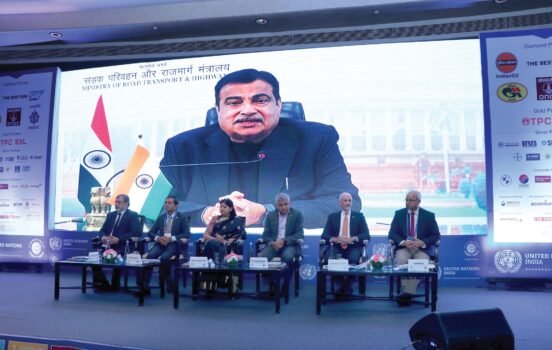Corporate Social Responsibility (CSR) is a reality, and it makes commercial sense for corporates to invest in society. It reflects a company’s value system and a principles-based approach to doing business.

Business involvement in social welfare and development has been a tradition in India and is neither a modern concept nor a Western import into India. Even during India’s freedom struggle, businesses contributed to many social and cultural causes.
Many leading business people came under the spell of Mahatma Gandhi and his theory of trusteeship of wealth. They contributed liberally to his programs to remove untouchability, women’s emancipation, and rural reconstruction.
Over the years, businesses have learned to operate in ways that, at minimum, meet fundamental human rights, labor, environment, and anti-corruption responsibilities. Therefore, inclusive and sustainable development challenges and corporate social responsibility are closely interlinked.

UN Global Compact was established in July 2000 by UN Secretary-General Kofi Annan to mobilize companies worldwide to align their operations and strategies around ten universal human rights, labor, the environment, and anti-corruption principles. Otherwise, we will fail in our fundamental responsibilities towards the society that has provided us with the environment to grow.
The underlying notion of the Ten Principles of the UN Global Compact is that corporate sustainability starts with a principles-based approach to business — it is “how” a business operates in society. On December 15, 2022, The Hyatt Regency, New Delhi, hosted the 17th National Convention of the UN Global Compact Network India (UN GCNI), a regional affiliate of the United Nations Global Compact, New York. This was in association with CSR Times as their media partner.
The theme of the convention this year was “Sustainable Development Goals: Collaboration to Close the Commitment-Action Gap to Achieve Agenda 2030,” which focused on the UN Sustainable Development Goals (SDGs) and its allied mechanisms to examine cooperative solutions as to how the government, private sector, not-for-profit organizations, and communities at large can contribute towards creating an ecosystem around laying a solid foundation for a sustainable future. The goal was to evaluate, act, and move quickly to implement Agenda 2030. The National Convention offered a forum to bring attention to SDG-related difficulties in India and discuss solutions.

Even though this battle has made tremendous strides in recent years, according to UN Resident Coordinator for India Shombi Sharp, there are still significant challenges in infrastructure, sanitation, nutrition, and more poverty-related policy initiatives. The convention was attended by more than 300 people from the public and commercial sectors, businesses, lawmakers, civil society organizations, academia, and UN agencies.
The one-day event featured several talks, including Scaling SDGs in Uncertain Times: Role of Technology & Innovation, Closing the Commitment Action Gap to Achieve Agenda 2030: Key Enablers and Accelerators – CEO perspective, Scaling SDGs in Uncertain Times: SDG Finance, InclusiveGrowth, Job Creation, and Governance Mechanisms for SDG Progress Monitoring.



































